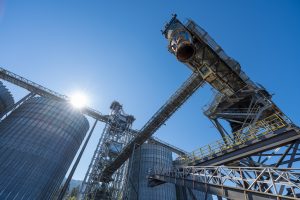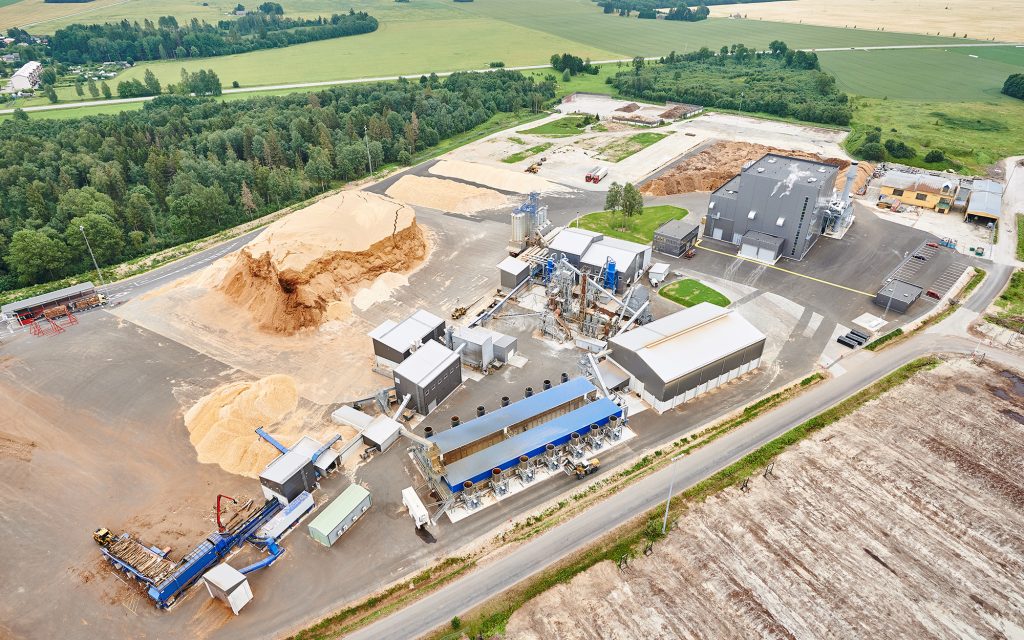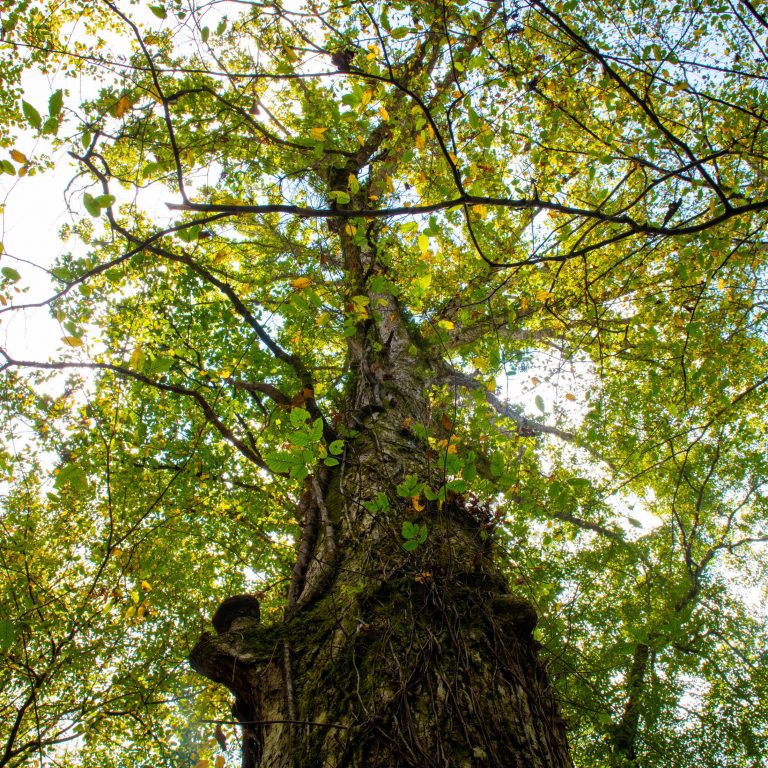The three countries that make up the Baltics (Estonia, Latvia and Lithuania) are some of the most heavily forested in Europe. Approximately half of Estonia is covered by forestland – the same is true of Latvia.
It’s no surprise, then, that commercial forestry is one of the Baltics’ most important industries. For centuries wood has been used to build homes, make tools and create energy. But unlike other countries with robust forestry industries, the Baltics have never had a robust pulp and paper industry.
The low grade wood, thinnings and forest harvest residues that would typically be used for pulpwood to make paper have historically either been shipped to the Scandinavian pulp and paper producers or left to rot in the forest. Over the last two decades that’s changed and much of that is down to companies like Graanul Invest. Rather than leave that wood to decay, it is turning it into renewable fuel.
“Our target is to be the cleaning company for the forestry industry,” says Raul Kirjanen, Graanul Invest CEO.
Humble beginnings
When Raul Kirjanen started Graanul Invest in 2003, it was just him, a computer and a small office in Estonia, but growth came quickly.
By 2005 the company had opened its first compressed wood pellet mill in Imavere, Estonia. Ten more followed and today, Graanul Invest is Europe’s largest manufacturer of compressed wood pellets, producing more than 2 million tonnes of sustainable biofuel every year.
Growth has been based on a simple principle: making use of a plentiful resource that otherwise would’ve been wasted. “We’ve designed the plants so that we’re able to use raw materials that aren’t needed for any other industry,” says Kirjanen.
Of course, that would mean nothing were it not for a growing market to support it – and in Graanul Invest’s case this is the bioenergy market, which over the last two decades has developed thanks to companies like Drax, who Graanul Invest supplies.
The benefits of the new market have been widespread. “The opportunity to efficiently use thinnings, forestry harvesting residues, low quality uncommercial wood and wood processing residues has given a huge boost to the total industry,” Kirjanen explains.
Today, half of Graanul Invest’s raw material comes from low-grade roundwood and the rest from wood-industry residues, which puts them in a unique place within the industry. “We’re not a competitor to the traditional wood industry, but rather a necessary part of the chain so the industry can function efficiently.”
Second to none for sustainability

Graanul Invest’s approach to business is guided by its aim of being a responsible part of the forestry industry. They are in the process of becoming certified by the Sustainable Biomass Program (SBP) with four of their facilities already approved, which assures that its compressed wood pellets are produced using legal, sustainably sourced wood. More than that, since 2010 the company has built combined heat and power plants (CHP) at five of its facilities to help power and heat them using renewable energy.
Powered by forest chips and bark, these CHPs generate a combined capacity of nearly 30 MW of electricity, while the residue heat from the generation process is used to both dry the wood feedstock and heat the facilities. The result is a self-sustaining plant not only producing renewable energy, but using it.
The company is looking to extend its use of cleaner energy further with the use of two ships powered by liquid natural gas (LNG) that will be able to transport pellets to Graanul Invest’s Scandinavian customers on this cleaner-burning fuel.
These are also great examples of how the compressed wood pellet industry is continuing to make use of new technology.
A natural resource, a human impact
Graanul Invest and bioenergy has not only brought benefits to the forestry industry, it’s making a substantial human impact to the areas in which it operates, too.
“We employ more than 600 people directly and around five times that indirectly. It makes a strong impact on local communities,” Kirjanen says. Despite the growth and success of the company, it’s this opportunity to affect people’s lives – especially in certain areas of the country – that has left the biggest impact on him.
“We’ve seen educated young people coming back to the rural areas to work, start families and live,” he says. “That’s something I personally am enormously proud of.”












